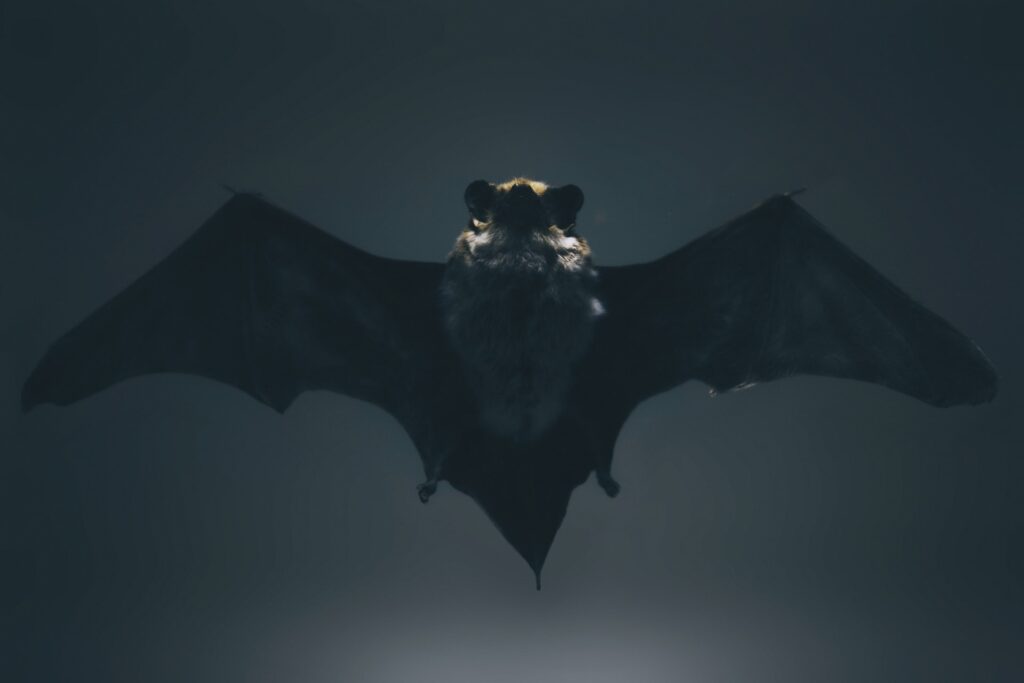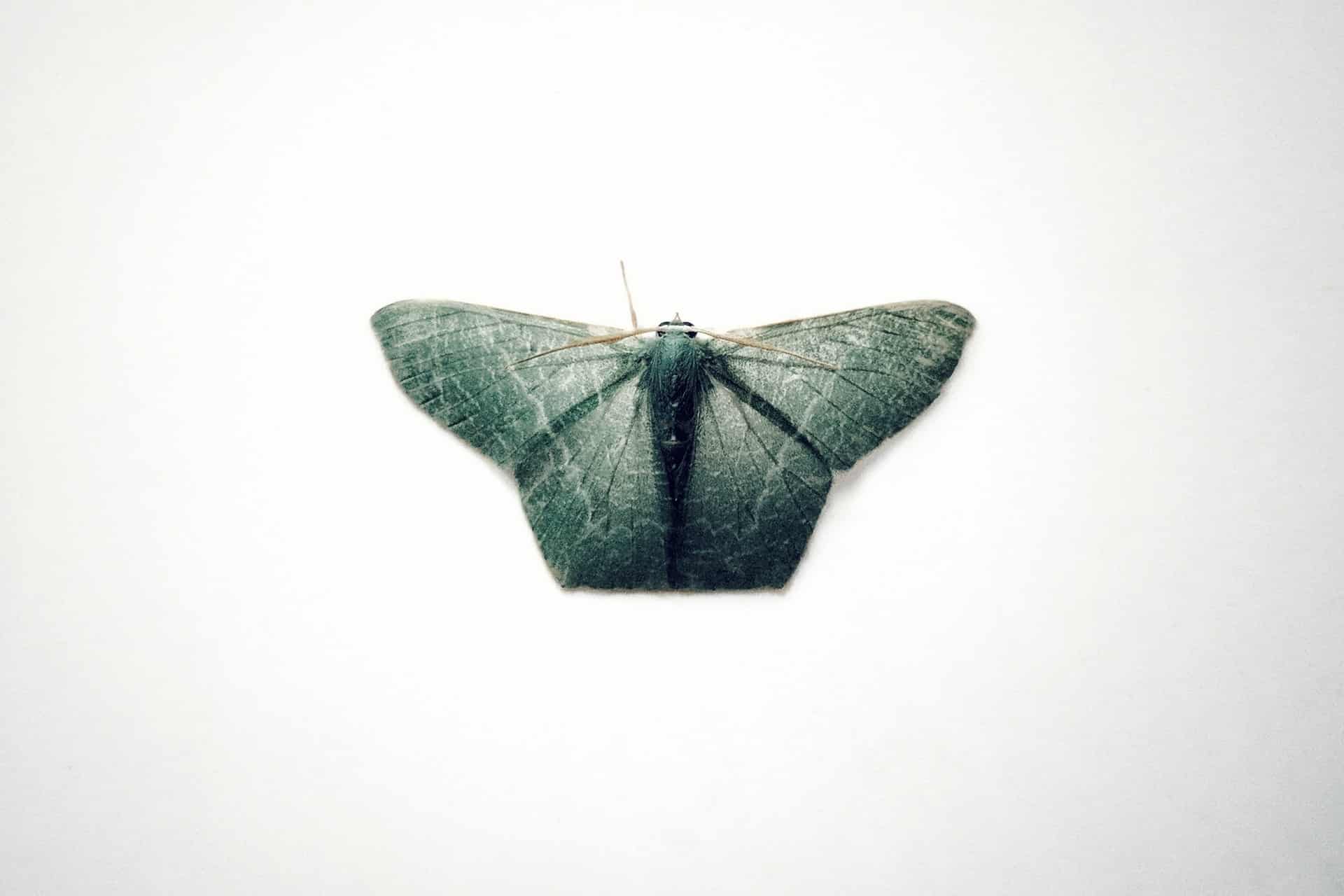The creatures we see flitting and flapping in the glow of our lanterns and headlamps are on a suicide mission. They have mistaken our light for the celestial markers they use to navigate. They believe they have found the stars and the moon and they will fly, fly, fly until they are devoured by predators who have learned to take advantage of our unintentional ruse. If they are not eaten, and if our light persists, they will die from exhaustion.
Pulitzer-prize winning staff writer for the Atlantic, Ed Yong is most celebrated for his coverage of the COVID outbreak. Notably, he warned us in 2018 about our woeful unpreparedness for what he knew was coming: a worldwide pandemic as a predictable catastrophe on a globalized planet. He’s gone on record to say that more will likely follow.
We don’t have to agree on everything to appreciate Yong’s ability to anticipate and articulate the big picture. In his forthcoming book, An Immense World: How Animal Senses Reveal the Hidden Realms Around Us, Yong reminds us that we interpret the world through our faculties. It then follows that other species with different faculties experience the world differently.
Every creature lives in a kind of sensory bubble, what German zoologist Jakob von Uexküll termed an “Umwelt.” This bubble is a consequence of a creature’s sensory limits. We are unable to see colors in the infrared or ultraviolet spectrums, nor can we typically hear sound below or above certain frequencies.
But this is not true for other animals who experience and interpret the world according to their umwelt. We are unique, however, in our ability to appreciate and modify our behaviors out of respect for the umwelten of other species. When God told the angels we would be created as His ambassadors on earth, they protested until it became clear that we had been duly prepared:
And He taught Adam the names, all of them.
Q2:31
But we are a forgetful and self-indulgent bunch. We turn on lights after dark to compensate for our poor night vision. This in turn attracts creatures sensitive to natural light as a navigational aid. This may lure the animals that prey upon these creatures into the light where they can feast upon the congregation.

But if some of these predators are themselves at risk of becoming prey to still larger predators, they may avoid the light that has drawn in the creatures they need for food. Yong reminds us:
Lights reshape animal communities, drawing some in and pushing others away, with consequences that are hard to predict.
When sea-turtles hatch, they crawl from the darkness of their sandy burrows toward the glimmer of a starlit ocean. Tragically, untold numbers of these hatchlings have been found dead near abandoned bonfires or underneath nearby lamps. The moths that spend their nights in confusion underneath our porch lights are not pollinating flowers. The web of life is radically disrupted across species and kingdoms.
Industrialization is noisy. Wary of being taken by raptors, small migratory birds listen intently for the flapping of wings that might signal an attack. But in areas with elevated noise levels, they can no longer rely on their ears to pick up such subtleties. They spend more time looking around, they eat less, and put on less weight than their relatives in quieter areas. Less weight means less energy for migration. Life-cycles are broken by the sounds that we make.
I have preordered Yong’s book. The primary reason is that, unlike global warming or oceanic pollution, the effects of light and noise pollution can be immediately mitigated. All we need to do is switch off. I am hoping that his reporting will provide the information I need to maintain my personal vigilance in doing so.
Dust and Tribe backpackers know that we only allow red light at camp. We do this to better see the stars as red light does not interfere with our night vision. And I’m happy to learn that it does not confuse insects in the ways previously described.
In our efforts to invite believers and seekers into the wilderness, we need remain conscious of our impact. Consider reading Yong’s Atlantic article here.
And feel free to share in the comments below what your experience has been with light and noise in your time outside.
Leave a comment below for posterity or join us in the D&T Chautaqua Discord to discuss this post with other adventurous spirits from around the world.

One Reply to “Light and Noise Pollution: A Terrible Plague with a Simple Fix”